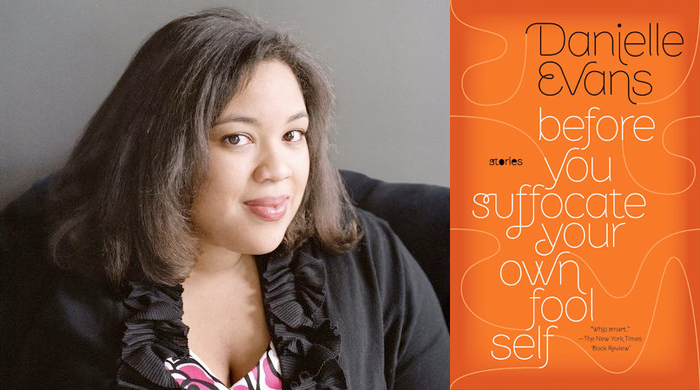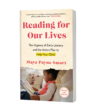Danielle Evans’s collection of short stories recasts young-adult angst as heartrending drama, with smart, intriguing characters navigating the unexpectedly treacherous terrain of friendship, sex and family.
Each of its eight stories is powerful in its economy, perfectly tuned domestic tensions, and well-drawn diverse characters. A teen avoids her lunch lady mom, embarrassed by the hairnet cutting a line in her broad, sweaty forehead. A grandmother’s cruel rejection pushes a nine-year-old to the edge. A mother throws herself into Christmas “with an enthusiasm as profound and suspect as that of the department stores.” An Iraq vet flails after discharge, unable to make sense of a world that gives him nail gems and cherry blossoms to thank him for his brutal service.
Evans conjures such crossroads with exceptional skill, placing her young protagonists in scenarios that challenge them to make weighty choices with lifelong repercussions. Even her youngest characters perceive that they’re facing significant moments, though they lack the experience or imagination to grasp that they’re defining, identity-forging ones. That the pursuit of independence, status, visibility, help often comes at great cost.
The tales are melancholy without being melodramatic, and they’re attentive to race, gender and class without being preachy or heavy-handed–a rare feat. Take her depiction of a college dorm room bursting with the vital, competitive energy of young women grappling with their power to bring forth life and the limits of their capacity to nurture it.
“I had a thing inside of me that I could not afford, and Laura had things inside of her that she couldn’t afford not to sell, and on the other end of it there were women spending tens of thousands of dollars to buy them because they felt their own bodies had betrayed them,” she writes of one character’s pregnancy and another’s egg donations. “Any way you looked at it, where there should have been a child, there was a math problem.”
In another story, a father and daughter struggle to connect. He clings to her old photographs and craft projects and imagines her adult life as “an elaborate series of barricades against him.” Meanwhile, she bristles at his concern, worries over the line between self-sufficiency and loneliness, and awakens to her self-centeredness.
“She wondered sometimes if it wasn’t all pretense–if, when she shut her eyes and wished restitution upon the whole wounded parade of humanity, she wasn’t really wishing away the world that created war and illness so that she might have a world in which there was room to feel sorry for herself,” Evans writes. “Every day she felt herself losing things it was unacceptable to mourn.”
Evans’s deftness with such an array of characters heralds a bright future for a tremendous literary talent. She captures the innate drama of young adulthood in ways that move readers and remind them of the good fortune of surviving one’s youth.
If this review resonates with you, I bet you’ll enjoy my newsletter. I regularly send bookish news and notes out to more than 1,000 readers. Sign up here.


